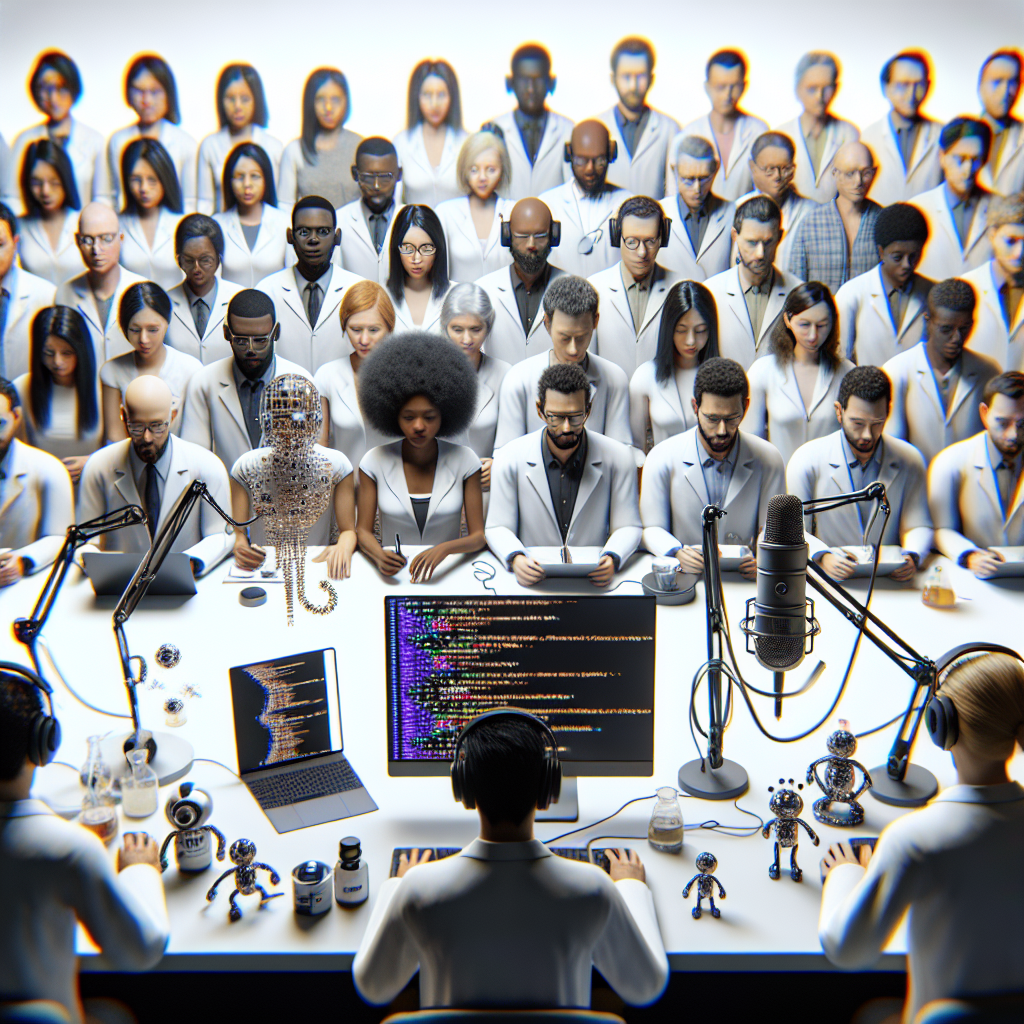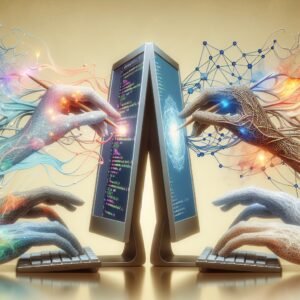Encouraging Human Connection with AI Chatbots: Boon or Booby Trap?
Growing Concerns Regarding AI
As AI increasingly shapes our daily experiences, concerns about this technology continue to rise. A recent Pew poll revealed that more than half of respondents felt more apprehension than excitement regarding the increased use of artificial intelligence. This level of concern has escalated since last year’s similar poll.
Building Trust and Rapport between Humans and AI Chatbots
People who feel more concerned about AI interaction might hesitate to confide in AI chatbots. However, recent research aims to understand how to build trust and rapport between humans and bots. One such study involved participants conversing with chatbots for three weeks, examining the impact of bot self-disclosure on human engagement.
Bot Self-Disclosure Level Comparison
Low self-disclosure chatbot dialogue
Chatbot: If you could only celebrate one holiday, what would it be? Participant 1: Thanksgiving Chatbot: I prefer to celebrate Christmas because it is a beautiful day, etc. (Low self-disclosure statement)
High self-disclosure chatbot dialogue
Chatbot: If you could only celebrate one holiday, what would it be? Participant 2: New Year’s Eve Chatbot: I prefer to celebrate Christmas because it makes me feel warm being with friends and family. (High self-disclosure statement) Participant 2: Sounds nice!
The Effects of Self-Disclosure on Human Engagement
The researchers discovered that higher levels of chatbot self-disclosure promoted more openness from the study participants. These findings indicate that designing AI bots to appear more vulnerable, culturally familiar, or human-like could foster a greater sense of emotional closeness with humans.
Potential Benefits in Healthcare and Cautionary Notes
Some enthusiasts tout the benefits of AI in healthcare, where patients would rely on AI chatbots for support and self-disclosure. However, hurrying to strengthen human-AI bonds without comprehending longer-term risks to human well-being appears reckless. To unlock the full potential of AI while protecting humanity, it’s crucial that future research delves into the potential harms and deeply considers the ramifications of human bonding with AI.






















